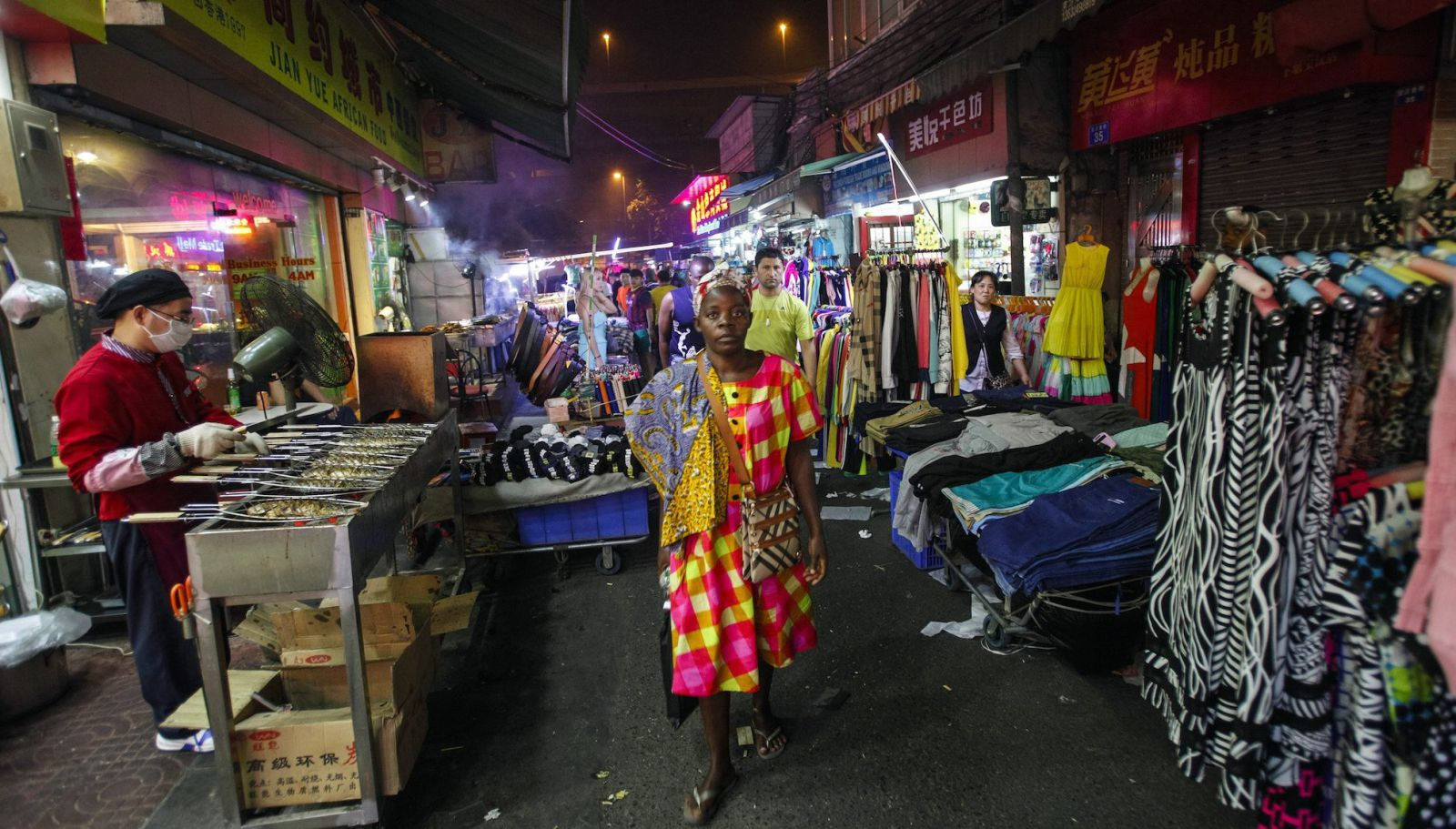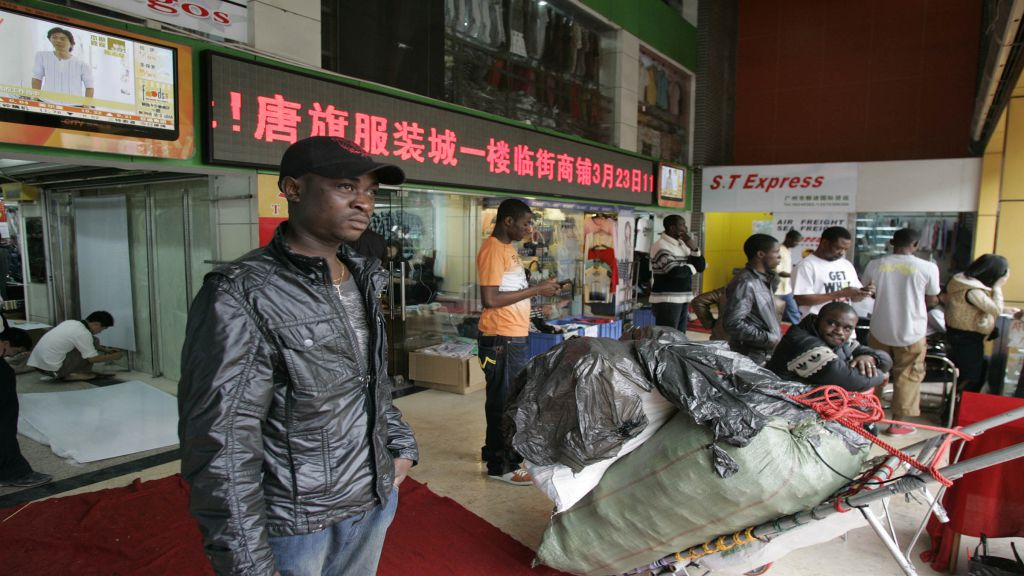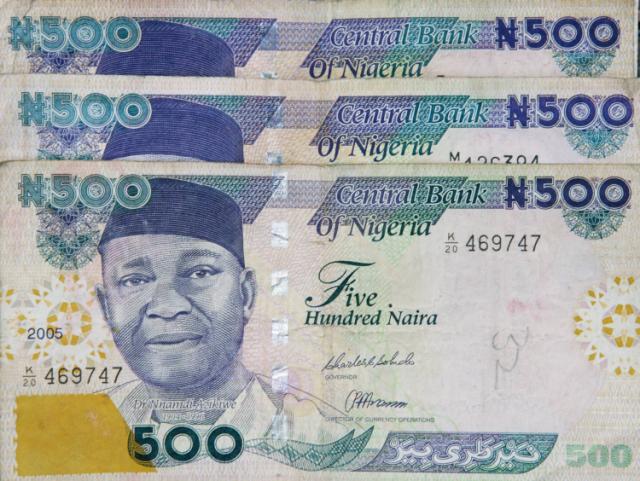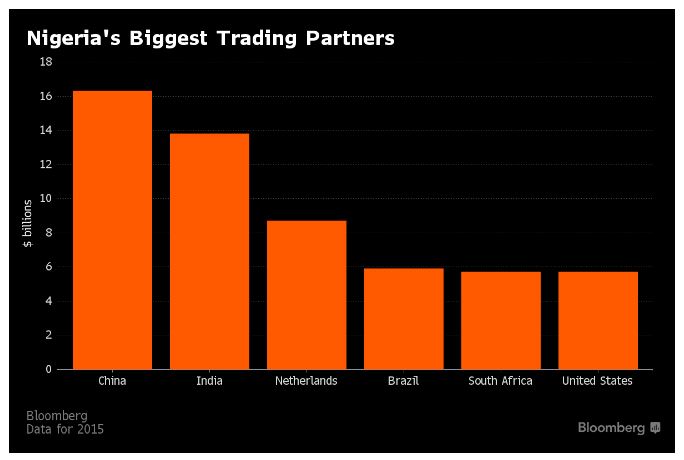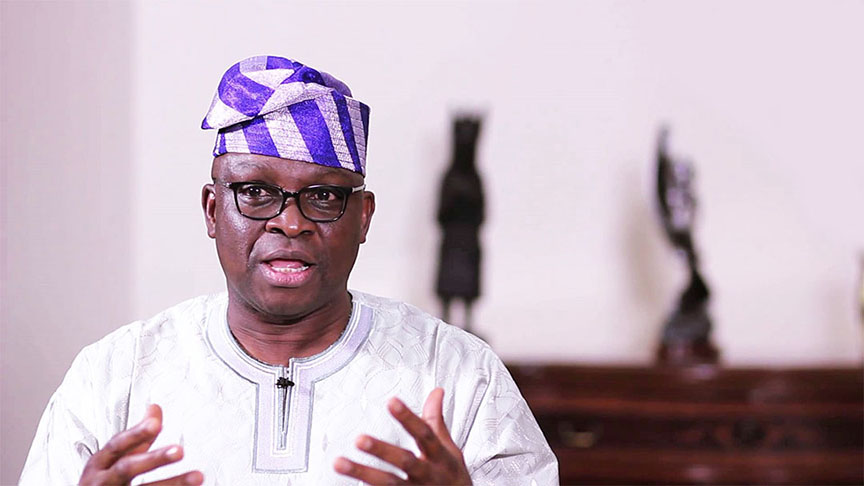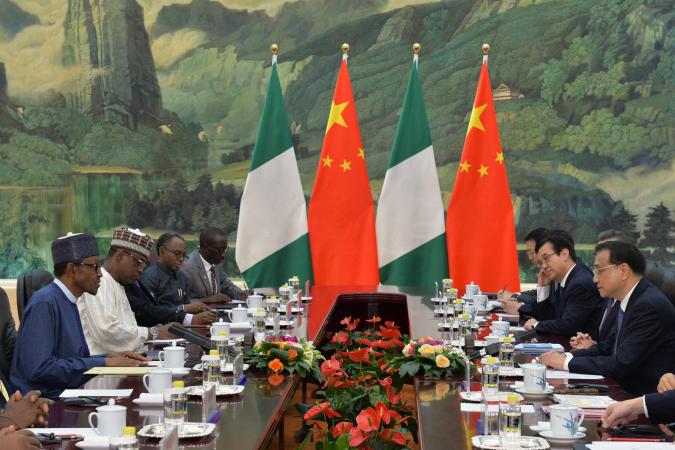Mitt Romney may have been correct, in 2012, when he said that Russia was America’s greatest geopolitical threat. Notwithstanding Russia’s current bad behavior, Romney’s assessment is no longer correct.

China is now America’s (and the world’s) greatest geopolitical threat. China has allegedly hacked the federal government, something some foreign policy experts consider an act of war. This is in addition to hacking American companies and stealing their intellectual product.
China wants to be the world’s new singular economic and military superpower. China wants to control the China Sea – a vital global economic artery – through military force so that it can intimidate and dominate its regional neighbors and control global trade.
While Americans are focused on the Russian email intrigue, China is militarizing man-made islands in the China Sea to eliminate the international norm of freedom of the sea.
The U.S. needs to deploy more aircraft carriers to Asia and help Japan, South Korea, Vietnam and Taiwan build missile defense systems similar to the “Iron Dome” system in Israel. America must also strengthen our relationships and alliances in our own hemisphere, especially in Latin-South-and Central America as well as the Caribbean. This includes building on the Obama opening to Cuba.
Additionally, America needs to invest in Africa. We must help the nations on the continent strengthen and grow their economies and fight terrorists and work with India to strengthen its economy and military including a missile defense system.
Rebuilding America’s infrastructure, cutting taxes and deporting undocumented immigrants will not be enough to make America richer so it can spend more on the military.
To create more jobs and grow the American economy to have the funds to reduce the national debt and invest more in the military, there must be people around the world who can afford to buy American goods, services and products, and have the willingness to do so.
America must help build foreign markets for American goods, services and products and help ensure freedom of the sea and sky to protect the movement of global commerce.
Our nation will have to work with Russia, Jordan and the Saudis to bring peace and stability to Syria and the broader Middle East. Part of that effort will have to include strengthening America’s energy security and independence from Middle Eastern oil.
America has been trying to maintain a post WW II structure of the world that is just no longer realistic. The new reality of the 21st Century has to be acknowledged and used to inform the creation of a new American foreign policy framework and global consensus.
Investigating and responding to Russia’s hacking of the DNC and John Podesta’s email accounts must also include a serious and objective analysis of how to respond to China and North Korea’s hacking of the federal government and American businesses.
The failure to properly respond to prior incidents of foreign hacking, in the United States, is a part of the reason why Russia felt emboldened enough to hack the DNC and John Podesta’s email accounts.
The reality is that America is not fully prepared to defend the nation against cyber war.
It’s time to put partisanship aside and get to work on properly preparing our nation for the new challenges and adversaries before us and those to come.
Finally, journalists need to understand that their hyperbolic coverage of investigating the Russia hacking story is strengthening Putin on the world stage as a grand geopolitical strategist, (Ivan Krastev, Russia Isn’t Pulling All The Strings, The New York Times, December 21, 2016.)
Domestically, so-called establishment and mainstream media outlets are also significantly undercutting their own credibility. Far too many journalists are now engaged in ahistorical partisan advocacy as opposed to objective fact based reporting historically contextualized.
Putin has destabilized and further divided our nation without firing a shot while elevating his own stature on the world stage. This has been accomplished, in part, by media coverage. The safety and prosperity of our nation depends on how we view the world and respond to its changing needs and circumstances.
♦ Robinson and Adams are members of the faculty of the Political Science Department at Texas Southern University in Houston, Texas.

